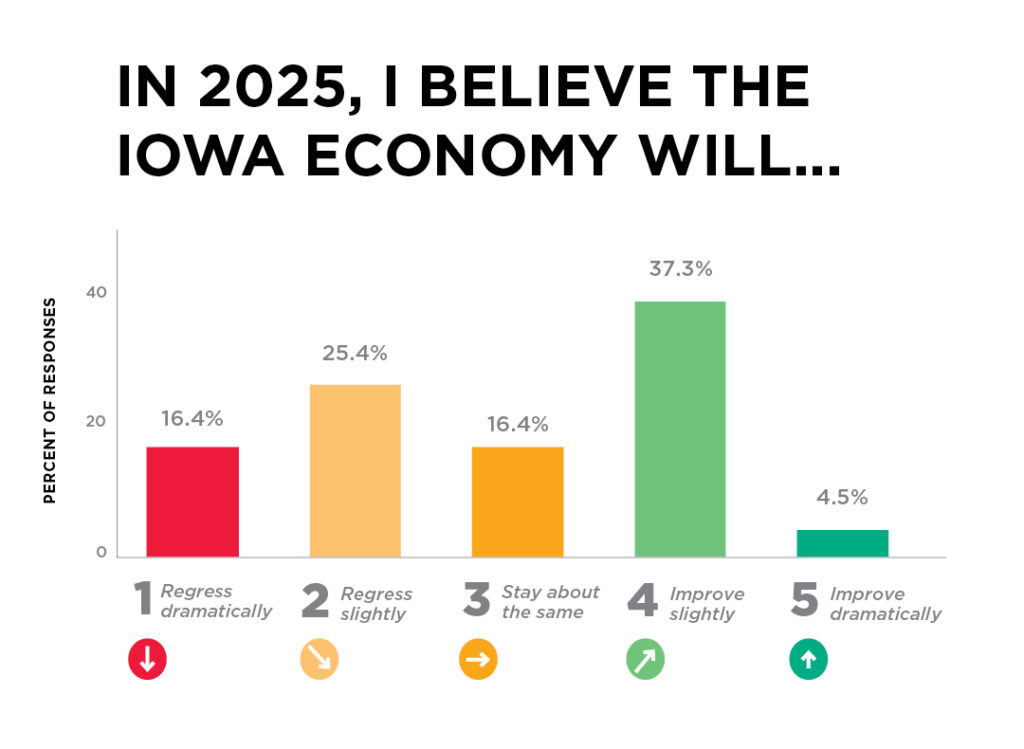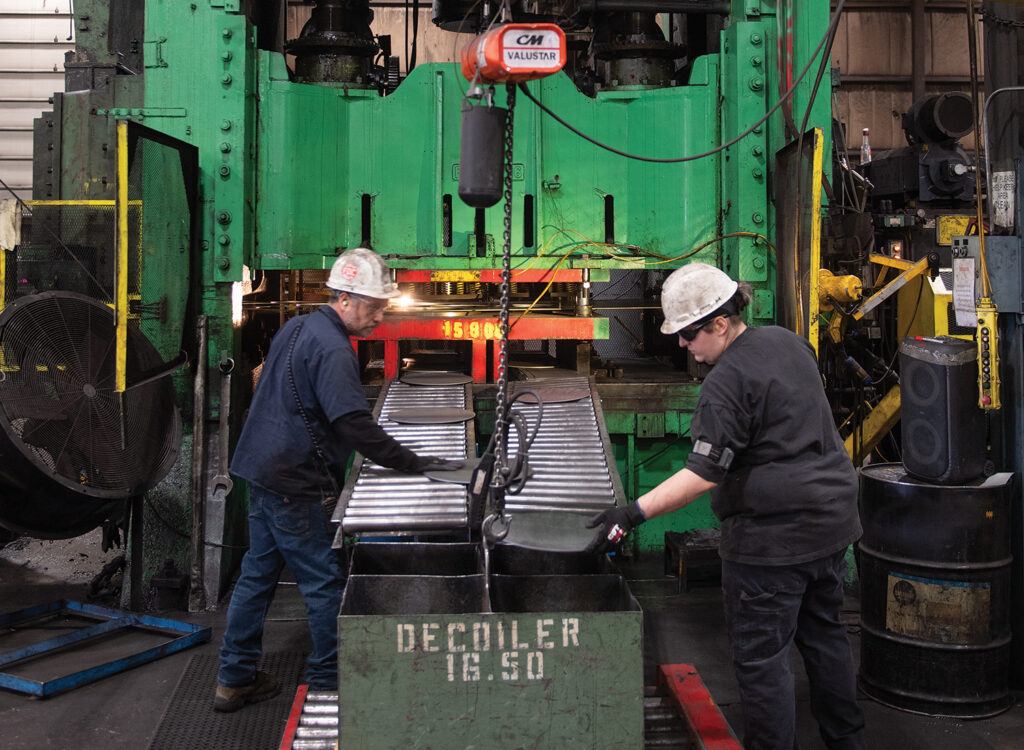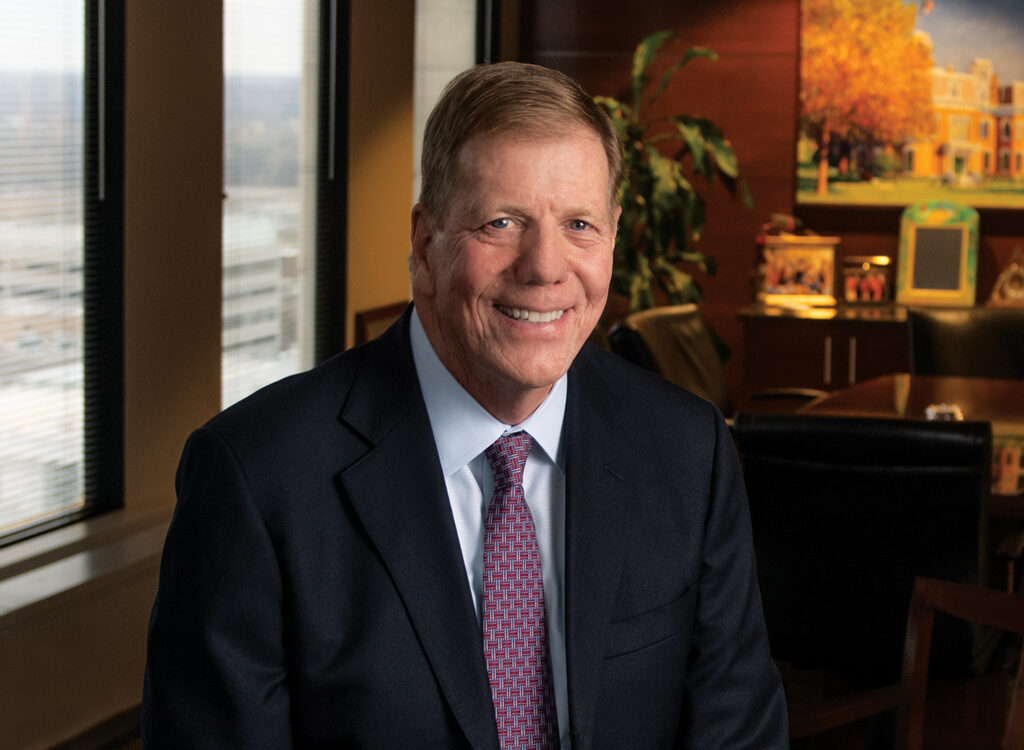Opinion: LGBTQ clinic emphasizes inclusivity in health care

Kyle Christiason Sep 5, 2019 | 6:13 pm
3 min read time
649 wordsBusiness Record Insider, Health and Wellness, Opinion
Six years ago, the wheels of change started spinning in my home when my ninth grader said he identified as transgender. As his father, the most important thing for me to do was be there for him and show my support. As a physician, I wanted to know everything I could to help, so I could answer any questions he’d have during his transition journey. But everywhere I looked, no one had answers — not my colleagues at the clinic nor my insurance company. I felt helpless. It’s my job to have the answers, but I quickly found the resources weren’t there.
My frustration inspired me to do something. In 2017, I launched a clinic dedicated to LGBTQ care at my UnityPoint Health practice in the Cedar Valley. I wanted to design a place where my son, and others like him, felt welcomed and had access to personalized care. Statistics show that one in four transgender people had a very negative experience with health care in the past year. One in five were refused health care simply for being transgender. I wanted my son, and the entire LGBTQ community, to have a different experience.
I soon realized the herculean effort it would take to start a new clinic movement. However, every time I anticipated a hurdle, I joyfully discovered solutions, support and engagement. The pieces started to fall into place, from finding physicians and nurses to identifying pharmacists and administrative support. There was willingness from everyone with whom I connected to create a safer and more welcoming experience for LGBTQ patients.
A key principle at our clinic is personalization. Evidence shows using someone’s preferred name or specified pronouns can be one of the most affirming moments of the health care experience. That’s why the entire clinic team goes through special training to learn terminology, understand concepts and identify available resources in order to appreciate the unique challenges for the LGBTQ community and their incredible resiliency.
The work has been fulfilling for everyone who walks through the clinics’ doors. At the end of the day, my team shares “joy bombs,” or positive stories of the impact we made. Specifically, our patients tell us how their outlook on wellness changed when someone in health care affirmed their most-authentic self. Our caregivers regularly report feeling reconnected with their reason for going into health care. The inaugural clinic has been active for 1½ years, and we were pleased to launch a second LGBTQ clinic in Des Moines in April 2019.
I know there are naysayers out there, people who’ve responded negatively to our effort, and that’s OK. While important to our health care mission, I understand opening these clinics is also a way to stand up and speak out about the injustices experienced by the LGBTQ community. I’m proud to be part of an organization, like UnityPoint Health, emphasizing the importance of diversity and inclusivity in health care.
My hope is that the principles and practices we are nurturing in the LGBTQ clinic become the de facto way of providing care. In other words, although we are focusing on the LGBTQ experience, the principles are universally applicable. If we can replicate the amazing experience provided for patients, families and caregivers across all sites of care, hopefully there will eventually no longer be a need for an LGBTQ clinic. It will simply be embedded into how we show up for each other at every location, every day. By creating an internal culture and standard practices at the LGBTQ clinics, I’ve learned a good experience doesn’t happen by accident – it happens by design.
That’s my challenge to everyone out there. Be open to those moments when you recognize something that doesn’t seem right, or as positive as it could be. Then take the time to do something about it. I started this journey for my son, Ben. He’s my inspiration. What’s yours?








